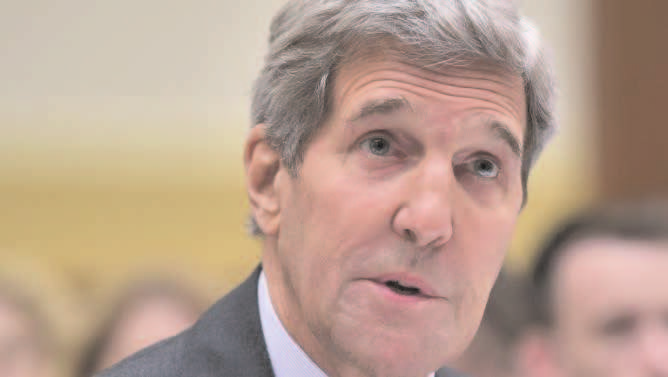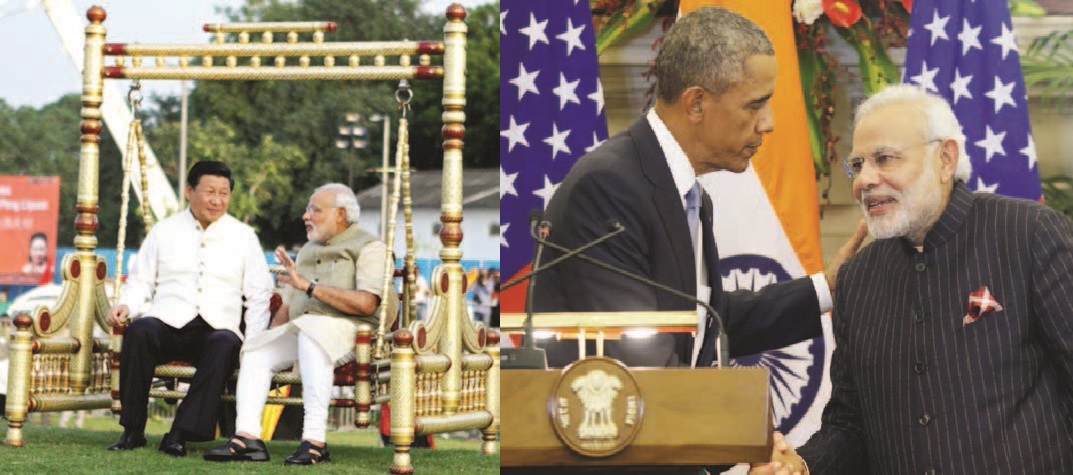
WASHINGTON (TIP): The Iran nuclear deal is not intended to push Tehran’s regime to reform but to prevent it building a bomb, secretary of state John Kerry told skeptical US lawmakers on July 31.
In his second appearance before Congress in a week, America’s top diplomat stressed that the plan reached this month with Tehran was the best deal achievable.
The suggestion by his Republican critics that a tougher US negotiating stance could have forced a complete climb-down by the Iranians was, he argued, naive wishful thinking.
“Let me underscore: the alternative to the deal that we have reached is not some kind of unicorn fantasy that contemplates Iran’s complete capitulation,” Kerry warned before the house foreign affairs committee.
Rejecting the deal as Congress has the power to do would essentially give Iran a green light to return full-speed to its enrichment efforts.
“It’s clear. If Congress rejects this, Iran goes back to its enrichment, the ayatollah (Iran’s supreme leader Ayatollah Ali Khamenei) will not come back to the table (and) Iran will say, ‘We’re free. We can go about, back to our program,'” Kerry said.
Skepticism has soared among US lawmakers since Washington and five world powers reached a historic accord with Iran that would rein in the Islamic republic’s nuclear program in exchange for an easing of the sanctions that have crippled Iran’s economy.
Last week, senior Republican senators accused Kerry of being “fleeced” by Tehran during hard-fought negotiations. Several Republicans, including many who are running for president in 2016, advocate walking away from the deal.
Amid the debate, the American public has wavered. A CNN/ORC poll released Tuesday revealed that 52 percent of respondents say Congress should reject the deal, while 44 percent say it should be approved.
That contrasts with some major polls in recent weeks that showed most Americans supportive of the agreement.
With Congress having a crucial say, the White House has launched a full-court press to win over enough members to prevent the accord from collapsing.
And while some have criticized the deal because it does not oblige Iran to recognize Israel or require Tehran to renounce support for terrorist activities, Kerry said it was vital that lawmakers recognize the deal focuses purely on nuclear weapons.
“This plan was designed to address the nuclear issue alone, not to reform Iran’s regime, or end its support for terrorism, or its contributions to sectarian violence in the Middle East,” Kerry told the panel during a four-hour grilling.





Be the first to comment